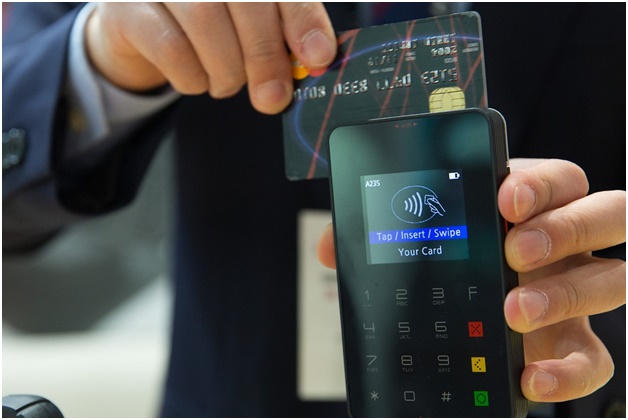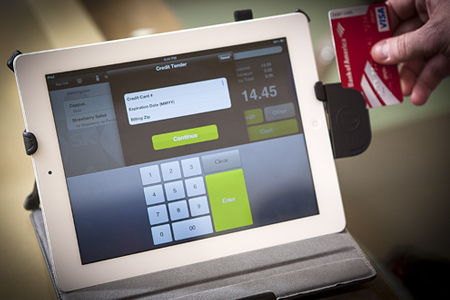Company owners know that running a business requires the ability to successfully manage many moving parts. As your business grows, the inefficiency of manual processes really starts to show. Keeping track of inventory or your sales data using pencil and paper takes away time and effort that should be spent on opportunities to advance your business.
Thankfully you can get a POS system to help manage many of these moving parts. These systems streamline business operations and boost customer satisfaction. But, finding the right POS system that meets all of your business needs can be a challenge.
To help narrow down your options, here are 5 features that you’ll want to ensure the POS system you choose offers.
1. Customer Management
The backbone of any successful company is effective customer management. Using a POS system, you can collect customer data, including their purchase history, so that you can determine who your most valuable shoppers are.

With the ability to track customer activity, you can create a deeper and more emotional relationship with repeat customers. By pinpointing who shops the most at your business, you can reward these customers with discounts or a loyalty program. This, in turn, drives loyalty and creates brand ambassadors.
When you take care of your customers, they take care of you. Target your valuable customers with promotions, rewards, and discounts to keep them coming back to make more purchases in the future.
2. Inventory Management
Manual inventory is frustrating and often subject to all sorts of human error. With a POS system, you can keep track of your entire inventory, including items that are in the storeroom and on display.
Managing your on-site inventory has a major role in the success of your business. With a POS system, you’ll have a real-time look into the stock for each of your products. Automated inventory management eliminates efficiencies and ensures that your top selling items are never out of stock.
With inventory management you can:
- Resupply top-selling items
- Determine which low-selling products need to be discounted and phased out
- Set up automatic reorders for certain items
Thanks to a POS system, you can say goodbye to the days of manual inventory checks or having to “dig in the back” to find an item.
3. Sales Reporting & Metrics
Being able to see real-time information about your store’s sales data enables you to make smart business decisions. With a real-time snapshot of your store’s performance, you no longer have to rely on guesswork when making decisions that ultimately impact profitability and sales.

The ability to look at concrete data can show you a host of information, including which items are selling the best and how much revenue you’re making on each product that you offer.
With this information, you can ensure that you have a healthy supply of the items that are driving the most revenue. Ensuring your top money-making items are always available keeps your finances and your customers happy.
4. Acceptance of Multiple Payment Modes
We live in a world where consumers can pay for their items using a variety of methods. While cash once reined king, today’s consumers typically pay using a debit or credit card. But, with the increase in mobile devices and activity, a growing number of customers are also using mobile pay options, such as Apple Pay and PayPal.
When choosing a POS system, you want to find one that accepts several modes of payment. This is a huge convenience to customers and puts you one step ahead of your competitors.
Aside from accepting multiple payments, the POS system should also allow transactions to be split across various modes. For example, a customer may want to use the remaining balance on their gift card to pay for an item, and then the rest of the purchase balance will be paid using a debit card. The ability to allow this type of flexible payment is a huge benefit for customers.
5. Offline Support
Rarely are companies open 24/7, but during your normal business hours, you need a POS system that runs without interruption. Otherwise, business processes can be impacted which can lead to unhappy customers and frustrated employees.
In the event that there are connection issues, you want to have a POS system that functions, even when it’s not connected to the internet. The ability to process payments and generate receipts while offline is crucial as it prevents any inconvenience to your customers and employees.
What’s nice about offline capability is that once the system is reconnected to the internet, data will automatically sync and update, ensuring that your inventory and sales stats are correct.
Conclusion
It’s hard to determine which features you need in a POS system, especially if you’ve never shopped for one before. To help you in your quest to find the ideal system for your business, ensure that the POS software you choose offers the 5 features above. Happy searching!
